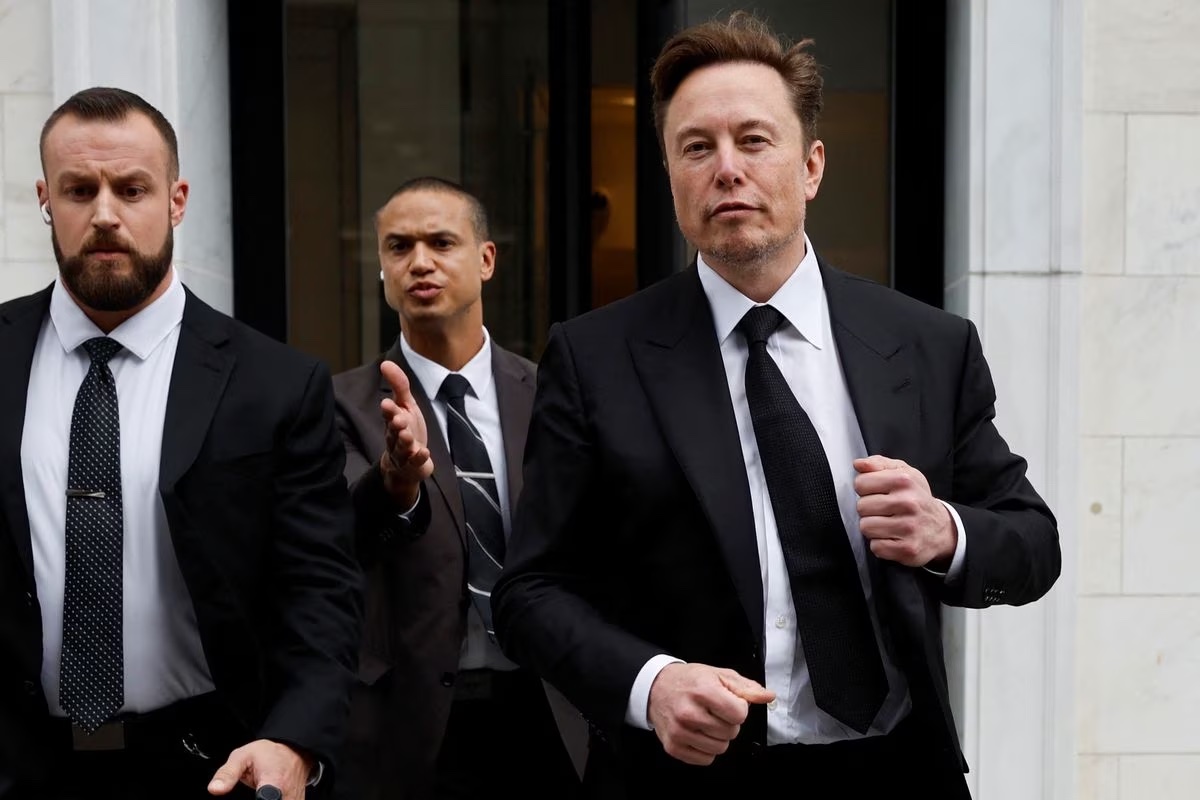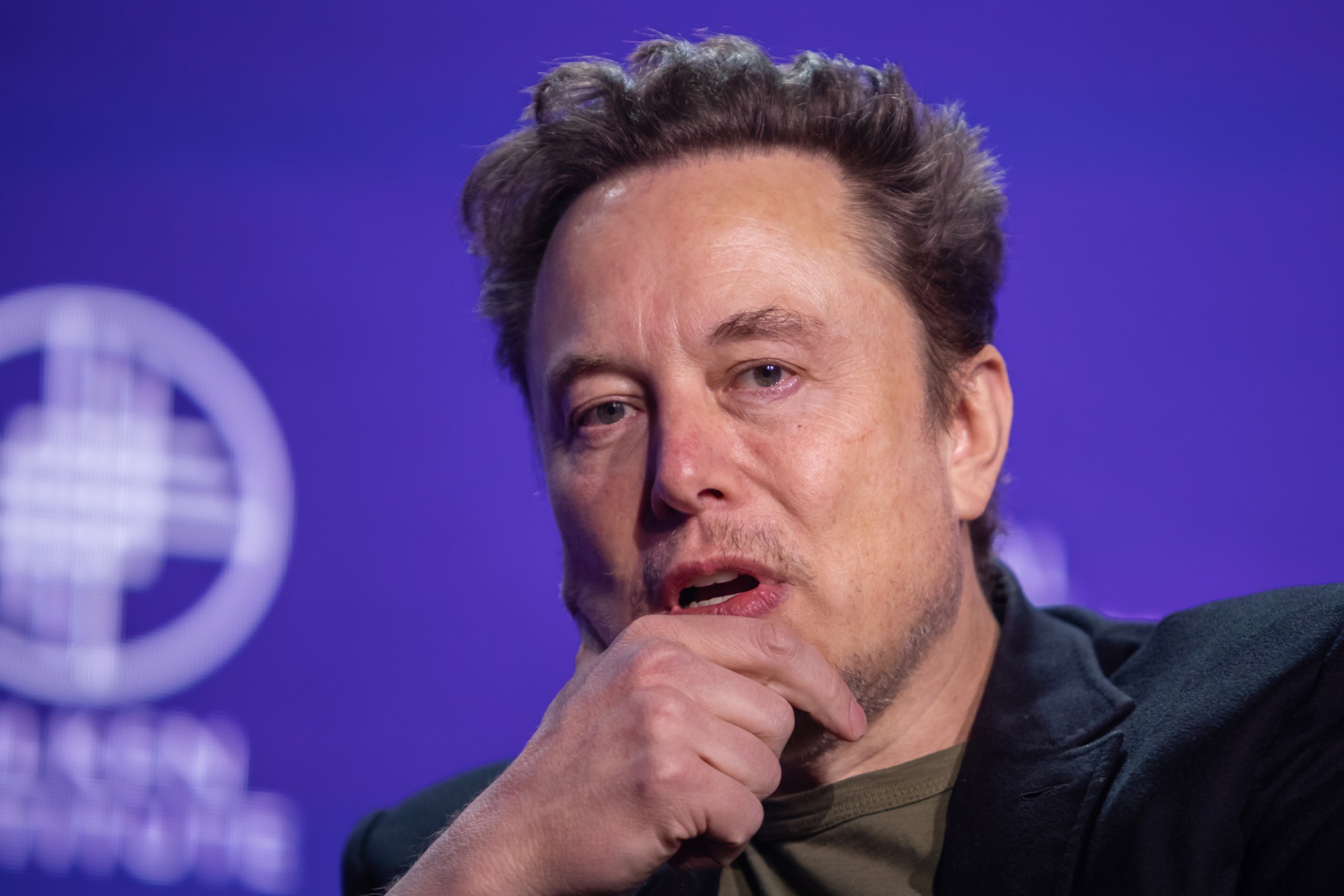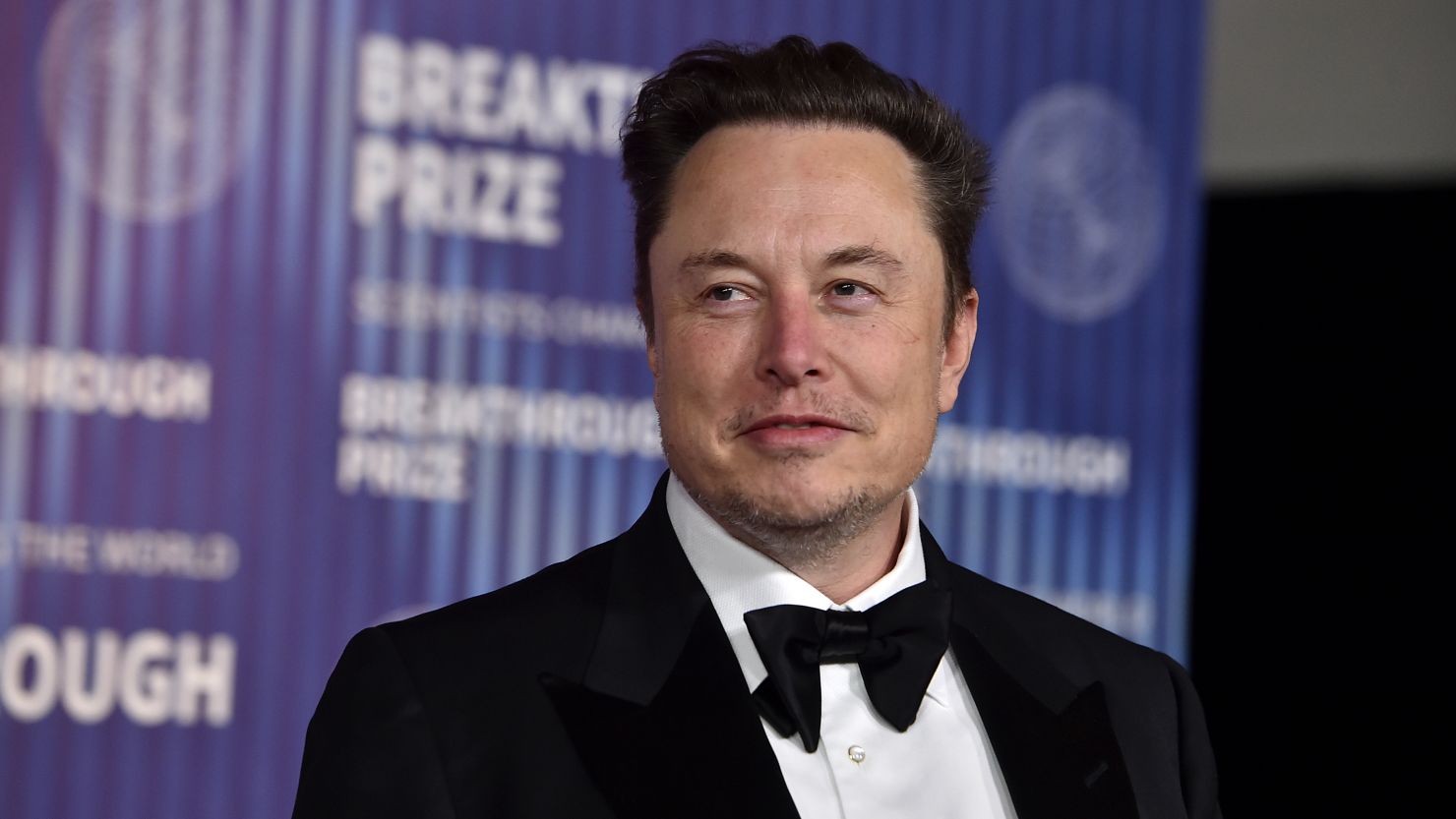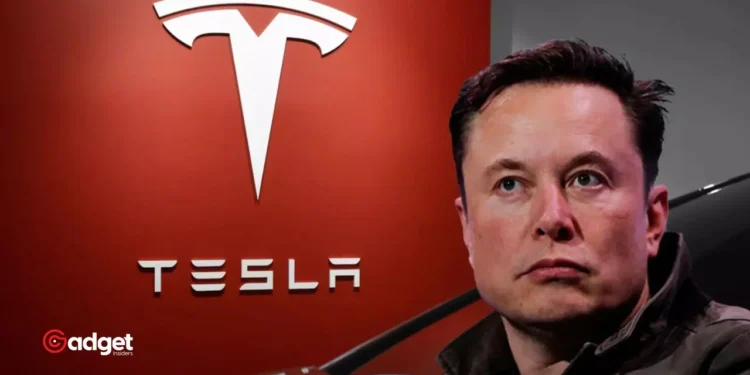In an era where executive compensation frequently sparks debate, Tesla finds itself at the center of a fresh controversy. Elon Musk, the dynamic CEO of Tesla and owner of X (formerly Twitter), is facing opposition from significant institutional investors over his proposed pay package. The focal point of this dissent is the California State Teachers’ Retirement System (CalSTRS), whose Chief Investment Officer, Chris Ailman, voiced strong objections in a recent CNBC interview.

Why CalSTRS Says No
During his appearance on CNBC’s “Squawk on the Street,” Ailman articulated why CalSTRS, which held about 4.7 million Tesla shares as of mid-2023, is voting against Elon Musk’s remuneration proposal. The plan, essentially a revival of a 2018 package previously struck down by a judge, could see Elon Musk earning performance-based stock options approximating $50 billion.
“We’ll pay him 140 times the average worker pay. How about that deal? I think that’s more than fair. This pay package is ridiculous,” Ailman commented, encapsulating the fund’s stance on the issue. This sentiment reflects a broader skepticism regarding the prudence of such a hefty compensation structure, especially when juxtaposed against the average worker’s earnings.
International Concerns and Market Reactions
It’s not just CalSTRS that finds the proposed package problematic. Norway’s sovereign wealth fund, another major investor, has also expressed opposition. These dissenting voices from substantial financial institutions underscore critical scrutiny of Elon Musk’s leadership compensation amid broader market considerations.
Ailman further critiqued the high valuation of Tesla shares, arguing, “Even if these cars had AI in them, they are not worth 60 times earnings. That is absurd.” This statement not only questions the sustainability of Tesla’s stock price but also hints at the broader implications of overvaluation in the tech sector.

The Broader Implications for Tesla and Elon Musk
The controversy over Elon Musk’s pay is not just a financial or ethical issue; it also has strategic implications for Tesla’s future. Musk, known for his involvement in multiple high-profile projects including SpaceX and the social media platform X, hinted that rejection of the pay package might lead him to divert more attention to these other ventures.
Ailman, while critical of the pay structure, expressed a desire to see Elon Musk continue at Tesla, albeit with a suggestion: “He needs to focus in on, either on cars, either on X or on going to Mars. And I think his heart is in going to Mars.”

A Pivotal Moment for Corporate Governance
As Tesla continues to pioneer innovations in the automotive and energy sectors, the outcome of this vote could signal a pivotal shift in how corporate giants manage executive compensation and shareholder expectations.
The debate over Elon Musk’s pay package not only highlights the tension between visionary leadership and fiscal responsibility but also sets a precedent for how tech companies might navigate the complexities of corporate governance in an increasingly scrutinous public and regulatory environment.
In a landscape where executive remuneration is often under the microscope, Tesla’s ongoing saga offers a clear glimpse into the challenges and responsibilities facing modern corporate boards.










